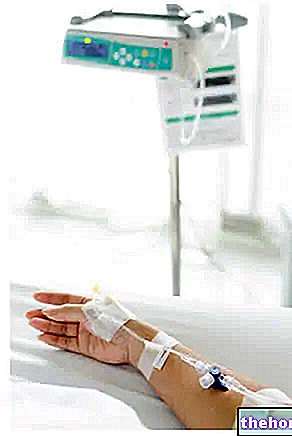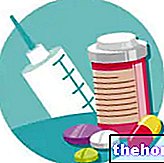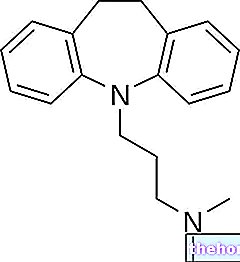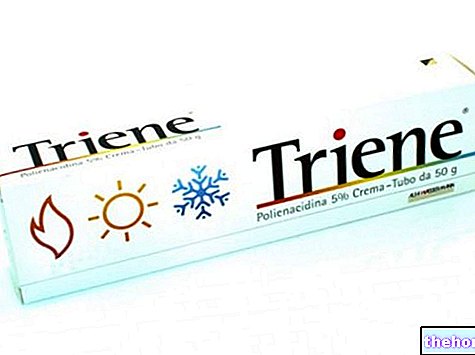Definition
Guillain-Barré syndrome is an autoimmune disease that affects the peripheral nervous system, but which can also affect the autonomic nervous system and respiratory muscles, causing devastating damage to the patient's body.
Causes
Guillain-Barré syndrome originates from an autoimmune response to the peripheral nervous system of the same individual.
Although the exact cause underlying the aforementioned autoimmune response has not yet been precisely identified, it is believed that some types of bacterial and viral infections may be involved in the etiology of the syndrome.
In particular, it seems that the microorganisms involved in the onset of the disease are: the Campylobacter jejuni, Epstein-Barr virus, cytomegaloviruses, mycoplasma, "HIV, hepatitis A, B and C viruses,"Haemophilus influenzae and the flu virus.
Symptoms
Guillain-Barré syndrome causes progressive degeneration of neuronal axons. This degeneration is responsible for most of the typical symptoms of the disease, including: progressive weakness and paralysis of the limbs, facial paralysis, breathing difficulties up to respiratory failure (caused by paralysis of the respiratory muscles), difficulty swallowing, speech disorders, arrhythmia, orthostatic hypotension, hypoesthesia, hypotonia, neuropathic pain and paraesthesia.
The information on Guillain-Barré Syndrome - Drugs and Care is not intended to replace the direct relationship between health professional and patient. Always consult your doctor and / or specialist before taking Guillain-Barré Syndrome - Drugs and Treatment.
Medicines
In the treatment of Guillain-Barré syndrome, early diagnosis is an essential factor. In fact, drug therapy must begin as soon as possible when the first symptoms appear.
More specifically, the therapy undertaken against the Guillain-Barré syndrome involves the administration of intravenous immunoglobulins.
Eventually, the doctor may decide to add a second corticosteroid treatment to the immunoglobulin treatment.
Another therapeutic approach that has proved very effective in the treatment of Guillain-Barré syndrome is that of subjecting patients to plasmapheresis. Through this procedure, in fact, it is possible to "purify" the blood by removing and filtering the antibodies responsible for the autoimmune response from the patient's body.

The following are the drugs most used in the therapy against Guillain-Barré syndrome and some examples of pharmacological specialties; it is up to the doctor to choose the active ingredient and dosage most suitable for the patient, based on the severity of the disease, the state of health of the patient and his response to treatment.
Immunoglobulins
The administration of immunoglobulins constitutes the first-line pharmacological treatment that is undertaken to counter the Guillain-Barré syndrome.
For the treatment of Guillain-Barré syndrome, immunoglobulins (Ig Vena ®, Venital ®, Kiovig ®) are administered through an intravenous infusion only by a doctor or nurse and only in a hospital setting, or within facilities specialized.
The amount of immunoglobulins to be administered will be established by the physician on an individual basis, according to the body weight and state of health of each patient.
Finally, it should be remembered that the treatment with immunoglobulins has a "guaranteed therapeutic efficacy only if the administration takes place within fourteen days of the onset of the first symptoms of the syndrome.




























